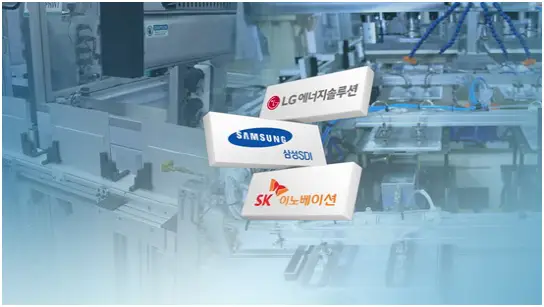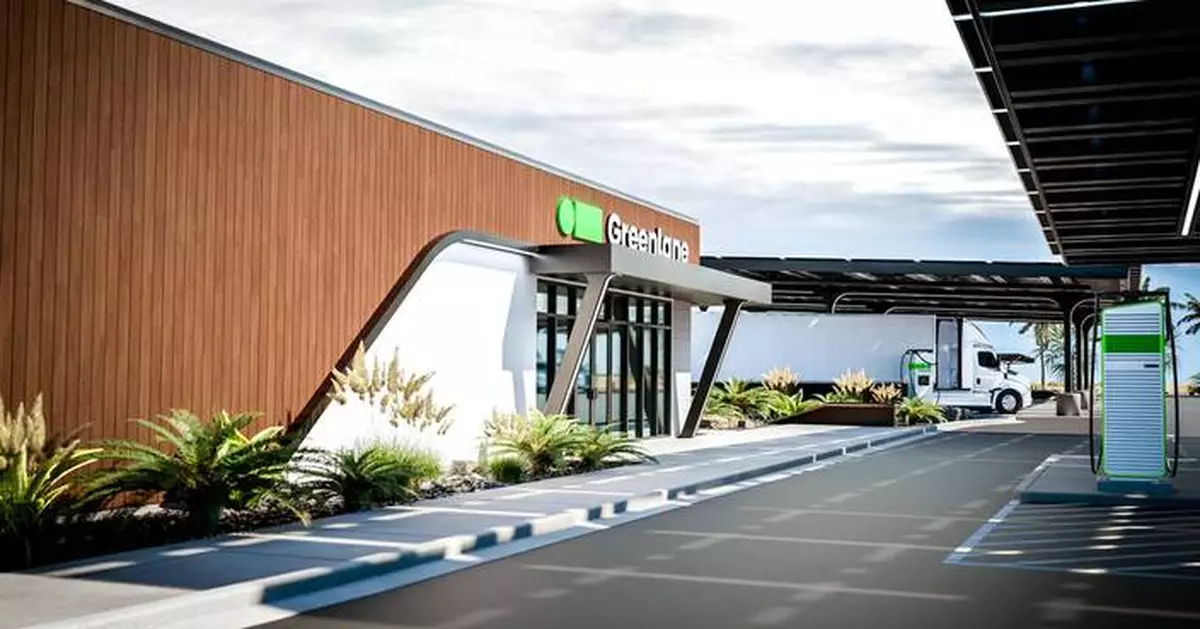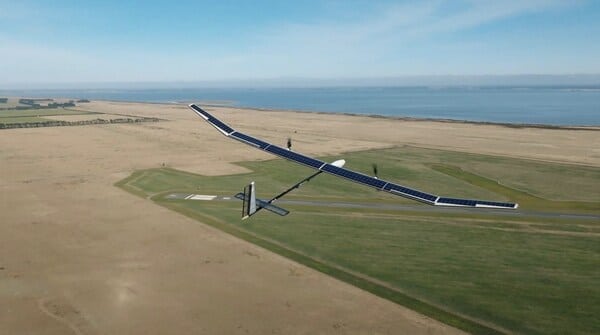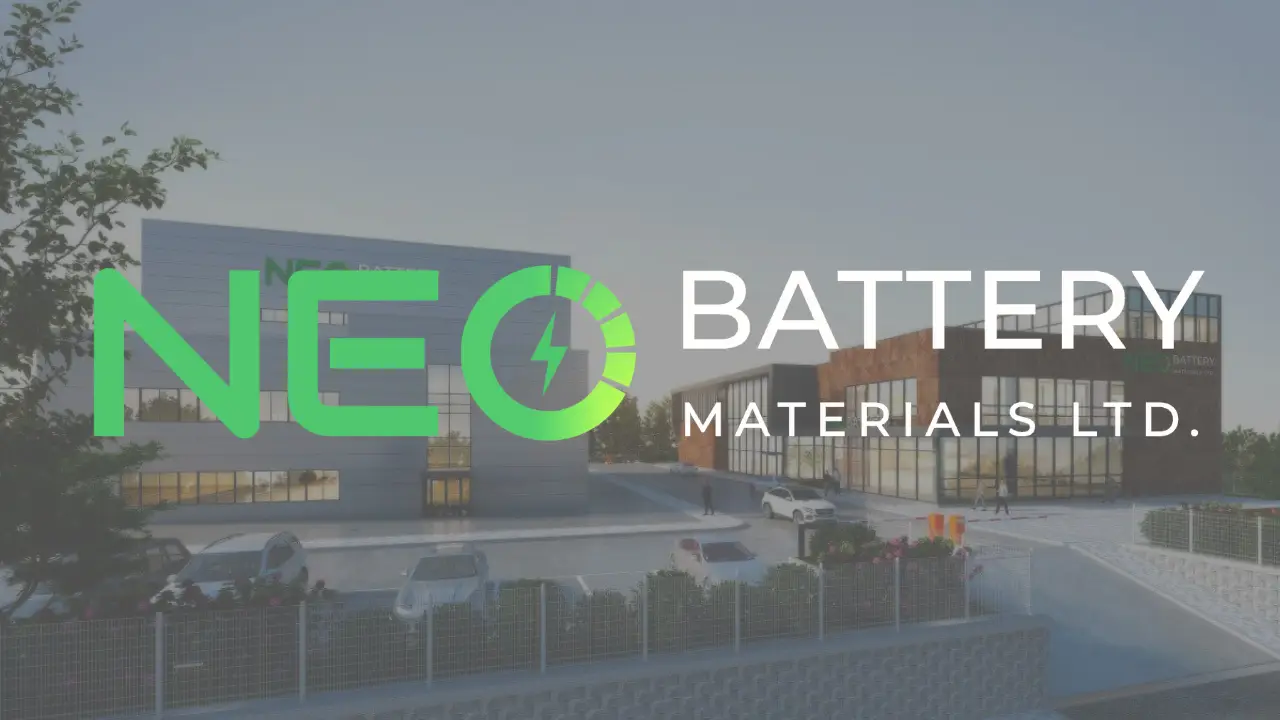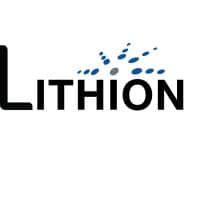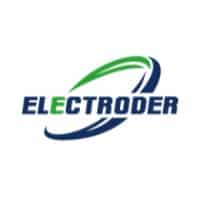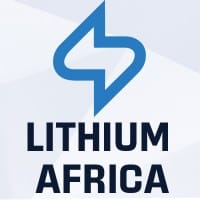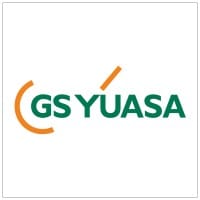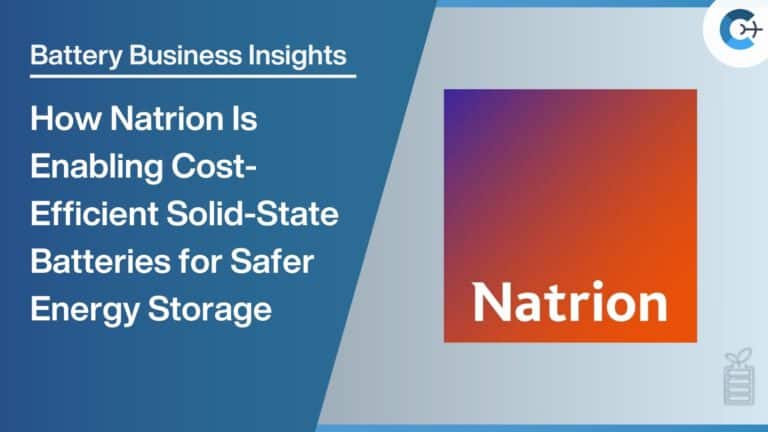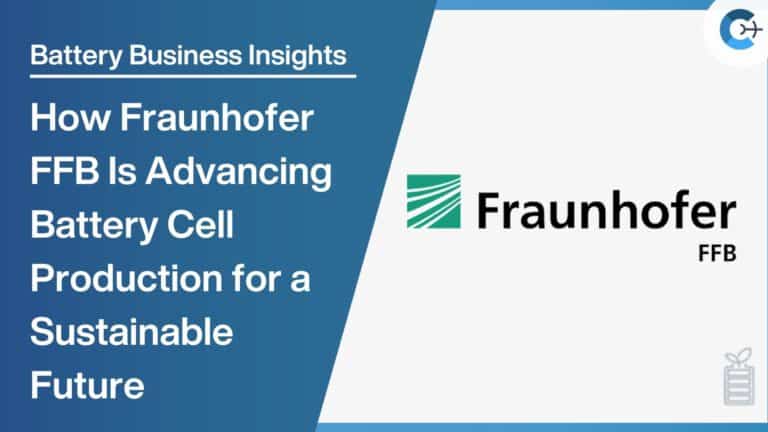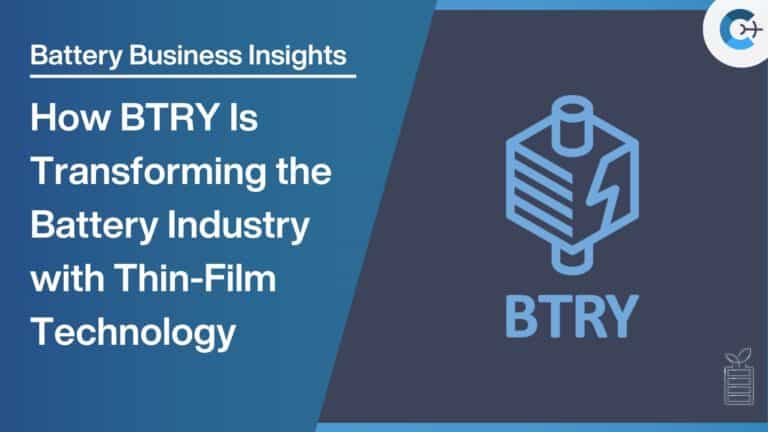The combined global market share of South Korea’s three major electric vehicle (EV) battery manufacturers—LG Energy Solution, SK On, and Samsung SDI—declined during the first eight months of this year, according to data released by SNE Research on October 7.
From January to August, LG Energy Solution held a 12.1% share of the global EV battery market, placing it third overall. This represents a decrease of 2.3 percentage points from the same period last year, when the company held a 14.4% share.
In contrast, China’s CATL maintained its leading position with a 37.1% market share. BYD, another Chinese battery maker, solidified its second-place standing with a market share of 16.4%, up 0.5 percentage points year-on-year. BYD also recorded a 25.6% growth in global battery usage, highlighting its rapid expansion in the market.
Other major players experienced declines as well. SK On’s market share dropped to 4.8%, down by 0.6 percentage points compared to last year. Samsung SDI saw its share fall to 4.2%, a decrease of 0.5 percentage points. Panasonic, the only Japanese company among the top 10, dropped two places in the rankings but is expected to recover market share with the launch of its new 2170 and 4680 battery cells designed for Tesla vehicles.
Several factors are influencing the competitive dynamics of the EV battery market. Major automakers—including Zeekr, Aito, Li Auto, Tesla, BMW, Mercedes-Benz, and Volkswagen—are increasingly adopting CATL batteries, contributing to the company’s substantial market share. Additionally, BYD’s recent launch of a new hybrid vehicle capable of traveling 2,100 kilometers on a single charge positions the company to target both the battery electric vehicle (BEV) and plug-in hybrid electric vehicle (PHEV) markets.
Chinese battery manufacturers are making significant advancements as the number of electric vehicle models equipped with lithium iron phosphate (LFP) batteries increases worldwide. These companies are expected to maintain a strong market presence soon.
As the global EV market expands, further shifts in the competitive landscape are anticipated. Technological innovations, such as the development of new battery cell formats like Tesla’s 2170 and 4680 cells, are likely to influence future market dynamics. Additionally, the strategies of major automakers in transitioning to electric mobility and forming partnerships with battery manufacturers will play a critical role in shaping the industry’s future.
Source: BusinessKorea

